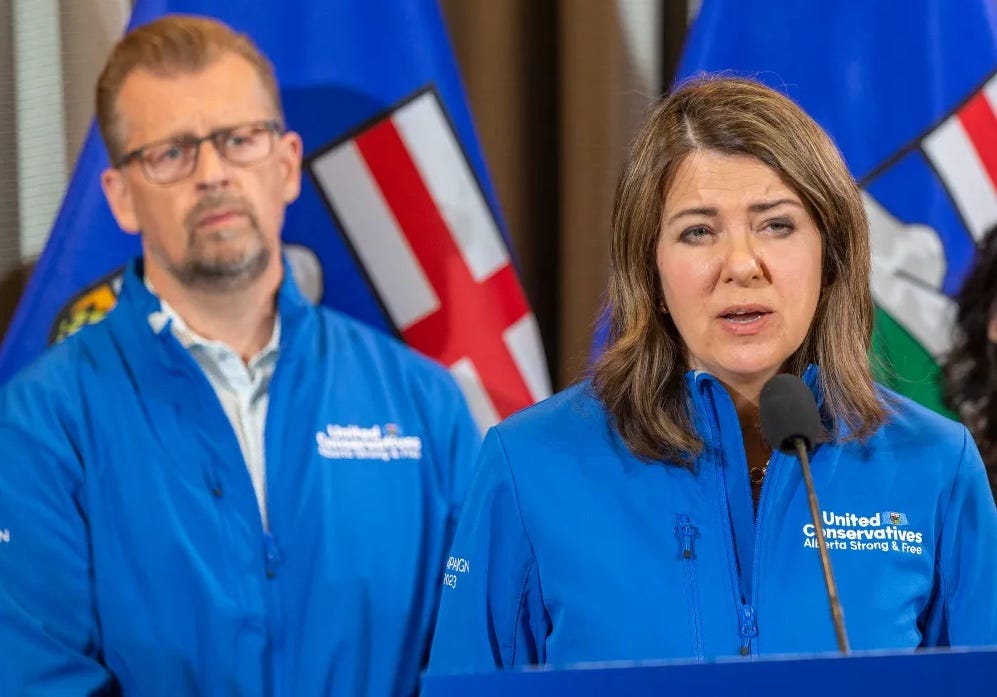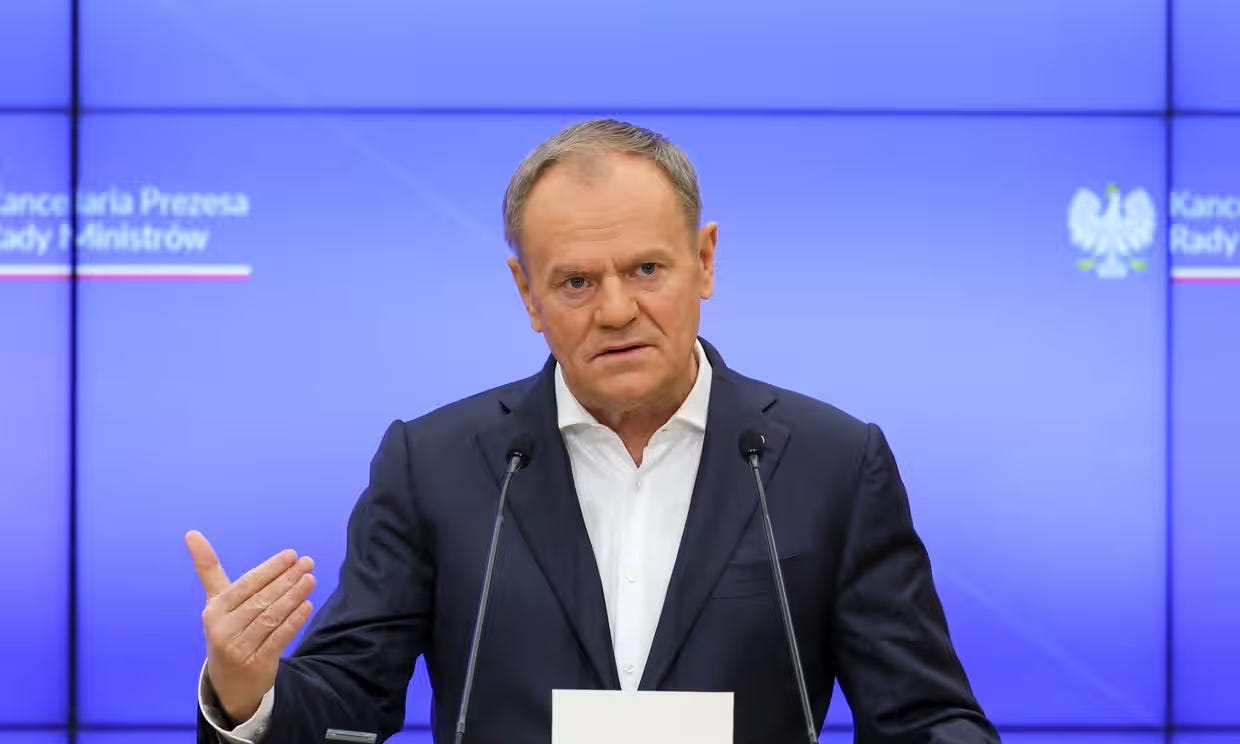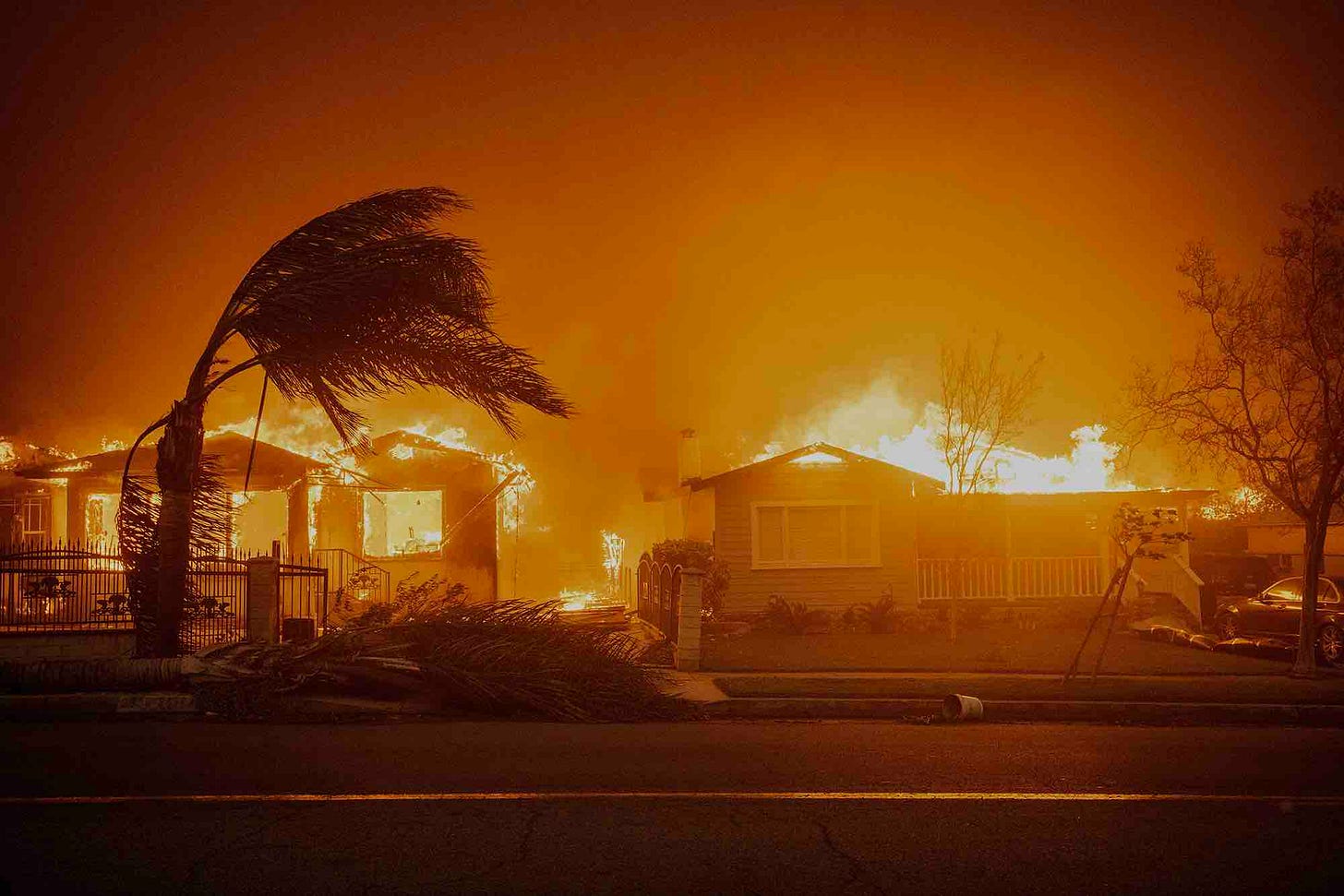Good morning, It’s Thursday, January 16th. In today’s news, Nearly 50,000 international students are ‘missing’ from Canadian colleges, Israel and Hamas agree to a ceasefire deal halting the 15-month war, The tragic toll of Canada’s healthcare waitlists is exposed, Polish PM accuses Russia of planning ‘acts of terrorism’ on airlines around the world, and much more.
First time reading the daily blend? Sign up here.
Nearly 50,000 International Students Missing From Canadian Colleges
Canada’s international student program is facing scrutiny after government figures revealed nearly 50,000 students failed to attend their designated schools last spring. Data from Immigration, Refugees and Citizenship Canada (IRCC) shows these “no-shows” comprised 6.9% of the total international student population, raising significant concerns about compliance and oversight.
Between March and April 2024, colleges and universities reported on students from 144 countries. Non-compliance rates varied widely, with 2.2% of students from the Philippines (688 students) and 6.4% from China (4,279 students) reported as no-shows. Iran saw 11.6% non-compliance (1,848 students), while Rwanda’s rate was a staggering 48.1% (802 students). Indian students accounted for almost 20,000 no-shows, representing 5.4% of their cohort.
Henry Lotin, a former federal economist, suggested that requiring upfront tuition payments could deter system abuse. Meanwhile, Indian authorities are investigating alleged links between Canadian colleges and entities in India involved in smuggling individuals across the Canada-U.S. border. Some students are suspected of using study permits to illegally enter the United States, while others may remain in Canada, working and seeking permanent residency.
The IRCC figures also highlight reporting gaps, with colleges failing to account for an additional 23,514 students. “At least 10% of student visa holders are unaccounted for,” Lotin stated, emphasizing the need for better transparency and data.
The rise in asylum claims from international students further complicates the issue, underscoring the exploitation of Canada’s visa system. Canada’s international student system, once a beacon of opportunity, now faces urgent calls for reform to ensure its integrity and sustainability. Source.
Israel and Hamas Agree to Gaza Ceasefire Deal to Halt 15-month War
In a significant development, Qatar, Egypt, and the United States have brokered a multi-phased agreement between Hamas and Israel, marking a step towards halting the 15-month war in Gaza. The deal, set to take effect on Sunday, includes a 42-day ceasefire during which 33 Israeli captives and an unspecified number of Palestinian prisoners will be released—it’s my understanding it will be in the low hundreds.
Hamas celebrated the agreement as a victory against what it described as Israel's "war of extermination." At the same time, displaced residents in Gaza expressed cautious relief at the prospect of returning to their homes, many of which have been reduced to rubble.
Incoming US President Donald Trump claimed credit for the breakthrough, highlighting the role of his Middle East envoy, Steve Witkoff, in finalizing the agreement, which he described as an “epic” achievement. The Biden administration has also taken credit for the ceasefire.
Despite the diplomatic progress, violence persisted. Israeli airstrikes on a residential compound in Gaza City killed 12 people, while a separate attack in Jenin, in the occupied West Bank, left at least six Palestinians dead, according to the Palestinian Health Ministry.
The deal offers a glimmer of hope for de-escalation, but ongoing violence underscores the fragile nature of the agreement. Source
The Tragic Toll of Canada’s Healthcare Waitlists
A devastating report from public policy think tank SecondStreet.org reveals the grim reality of Canada’s healthcare system. Over the course of a year, at least 15,000 Canadians died while waiting for surgery or diagnostic scans, according to government data. However, the true number may be nearly double due to significant gaps in data collection, warns SecondStreet president Colin Craig.
Craig explained that data from provinces representing only 62% of the population were included in the analysis. Extrapolating these findings suggests that closer to 28,000 Canadians likely died in the fiscal year 2023-24 while stuck on waitlists for medical procedures.
The report adds to a troubling trend, counting 74,677 deaths since 2018 among those waiting for treatments. These range from life-saving interventions like heart surgeries and cancer therapies to quality-of-life improvements like cataract surgeries and hip replacements.
Of the 15,474 deaths reported in 2023-24, 11,682 involved patients waiting for diagnostic scans such as MRIs or colonoscopies, while 3,792 died while awaiting surgery. In some cases, waits spanned as long as 14 years.
This grim situation persists despite Canada ranking among the highest spenders in healthcare globally. According to the Canadian Institute for Health Information, spending is expected to hit $372 billion in 2024. Yet, the outcomes remain subpar when compared to other universal healthcare systems in Europe.
SecondStreet.org’s findings highlight the urgent need for reform. The organization recommends governments track, analyze, and disclose waitlist deaths annually to improve accountability and reduce ambiguity. Until then, Canadians will continue to face the heartbreaking reality of a healthcare system failing to meet even basic standards of timely care.
A system built on compassion should not leave patients to suffer—or die—on waitlists. It’s time for real accountability and meaningful change. Source.
Alberta Launches 24/7 GPS Ankle Monitoring to Address Bail System Failures
The Alberta government has introduced a GPS ankle bracelet monitoring program to address Canada's catch-and-release bail system, which has allowed high-risk and repeat offenders to roam free. The initiative, launched Wednesday, enables 24/7 electronic tracking of offenders deemed a public safety risk, enhancing supervision and enforcing bail conditions.
Public Safety Minister Mike Ellis criticized Ottawa's Bill C-75 for undermining the bail system, emphasizing the program's role in improving safety. Justice Minister Mickey Amery highlighted Alberta's commitment to strengthening policing and prosecution services while urging federal bail reform.
The $2.8 million program is part of Alberta's broader Safe Streets Action Plan, aimed at curbing crime and protecting communities. More
Polish PM Accuses Russia of Planning ‘Acts of Terrorism’ on Airlines Around the World
Polish Prime Minister Donald Tusk has accused Russia of planning "acts of terrorism in the air" through a wave of fire bomb attacks intended to bring down planes worldwide. Speaking at a news conference, Tusk linked the plot to incendiary parcel attacks in the UK, Germany, and Poland over the summer, including fires caused by DHL packages in Birmingham and Leipzig airports.
Reports suggest the crude incendiary devices, hidden in parcels from Lithuania, were a dry run for larger attacks, potentially targeting the US. The New York Times revealed that US intelligence intercepted conversations among Russian GRU officials discussing the devices as tests.
US President Joe Biden's administration warned Russia of severe consequences if the plot advanced. Safety protocols for parcel services have since been quietly enhanced, though concerns remain about vulnerabilities in security scanning.
Germany’s former domestic intelligence head, Thomas Haldenwang, warned that a fire from such a device mid-flight could have caused a crash. Western intelligence continues investigating Russia’s alleged involvement, though Moscow denies any connection. More
Over Seven Times More Undocumented Migrants Exist in Canada Than Active Military Personnel - More
LA Wildfires: 2 More People Arrested on Suspicion of Arson - More
South Korea’s Impeached President Detained in Prison—First for Country - More
Barrick Gold Suspends Operations in Mali After Government Seizes Gold Stocks - More
How the California Wildfires Could Affect Insurance Rates in Canada
The catastrophic wildfires in Los Angeles, which have left 24 dead and destroyed 12,000 structures, are expected to ripple into Canada by increasing home insurance premiums. The rising costs stem from higher reinsurance prices—coverage insurers purchase to protect against large-scale disasters—driven by the growing frequency and severity of extreme weather events.
Canada, already grappling with its own natural disasters, saw insurable damages hit a record $8.5 billion in 2024, surpassing the $6 billion recorded during Alberta's 2016 Fort McMurray wildfire. Reinsurance costs have doubled in recent years, and experts predict further hikes, particularly affecting high-risk areas like British Columbia, Alberta, and Quebec.
The Insurance Bureau of Canada (IBC) warns that rising costs could make insurance less affordable or harder to obtain for homes in vulnerable regions. While Canada hasn’t reached California’s extreme scenario—where some homes are uninsurable due to state-imposed limits on premium increases—the risk looms, especially for properties near wildlands or water. More
Class-action Lawsuit Filed Against Major Grocers for Allegedly Misrepresenting Meat Weights - More
DEA Judge Cancels Marijuana Rescheduling Hearing Set For Next Week - More
Nanoparticles Reverse Parkinson's in Mice by Healing Damaged Dopamine Cells
A groundbreaking study from China’s National Center for Nanoscience and Technology demonstrates that stimulating dopamine-producing brain cells with gold nanoparticles could effectively treat Parkinson’s disease. The method not only alleviates symptoms but also repairs neurological damage in mice, marking a significant advance toward human treatments.
The approach uses gold-coated nanoparticles, just 160 nanometers in size, that bind to damaged neurons in the brain. When activated by near-infrared light, the particles generate heat, triggering cellular repair and breaking down harmful protein clumps called alpha-synuclein fibrils, a hallmark of Parkinson’s. Unlike traditional treatments, which risk side effects by increasing dopamine levels, this method reactivates the brain’s natural dopamine production.
While still in the experimental phase, the nanosystem showed no harmful effects on other brain regions and offers a minimally invasive, wireless activation process. More
MIT Brainiacs Crack Code of Memory Storage, Placing Memories Mapped in Revolutionary Study - More
Conor McGregor is Being Sued for Alleged Sexual Battery at the 2023 NBA Final
A Wall Street executive has filed a civil lawsuit against former UFC champion Conor McGregor, alleging he sexually assaulted her in a bathroom at Miami's Kaseya Center during Game 4 of the NBA Finals on June 9, 2023. Although authorities declined to press criminal charges after an investigation, the woman, represented by attorney James Dunn, is pursuing the lawsuit to "raise awareness and encourage others to report sexual assault."
The lawsuit accuses arena staff of negligence, alleging they failed to provide adequate security and continued serving McGregor alcohol despite the risks. It also claims the woman was led to the bathroom by someone affiliated with McGregor, where the assault occurred. More
Report: Blue Jays Offered Vladimir Guerrero Jr., Three Contracts, Including One with “A Whole Lot of Deferred Money”—Unfortunately, He’s Still Not Interested - More
Drake Sues Universal Music Group for Defamation Over Kendrick Lamar's 'Not Like Us' - UMG Calls it Illogical - More
Former 76ers and Devils Exec Scott O'Neil Takes Over as CEO of LIV Golf - More
Woman Who Played Bride in “Fake Wedding” Shocked to Learn She Got Married for Real
It’s National Nothing Day—a day designed to give Americans a break from celebrating, observing, or honouring anything. Ironically, by recognizing a day dedicated to "nothing," we’re kind of celebrating something after all





















They're not missing. They're driving (crashing) transport trucks.